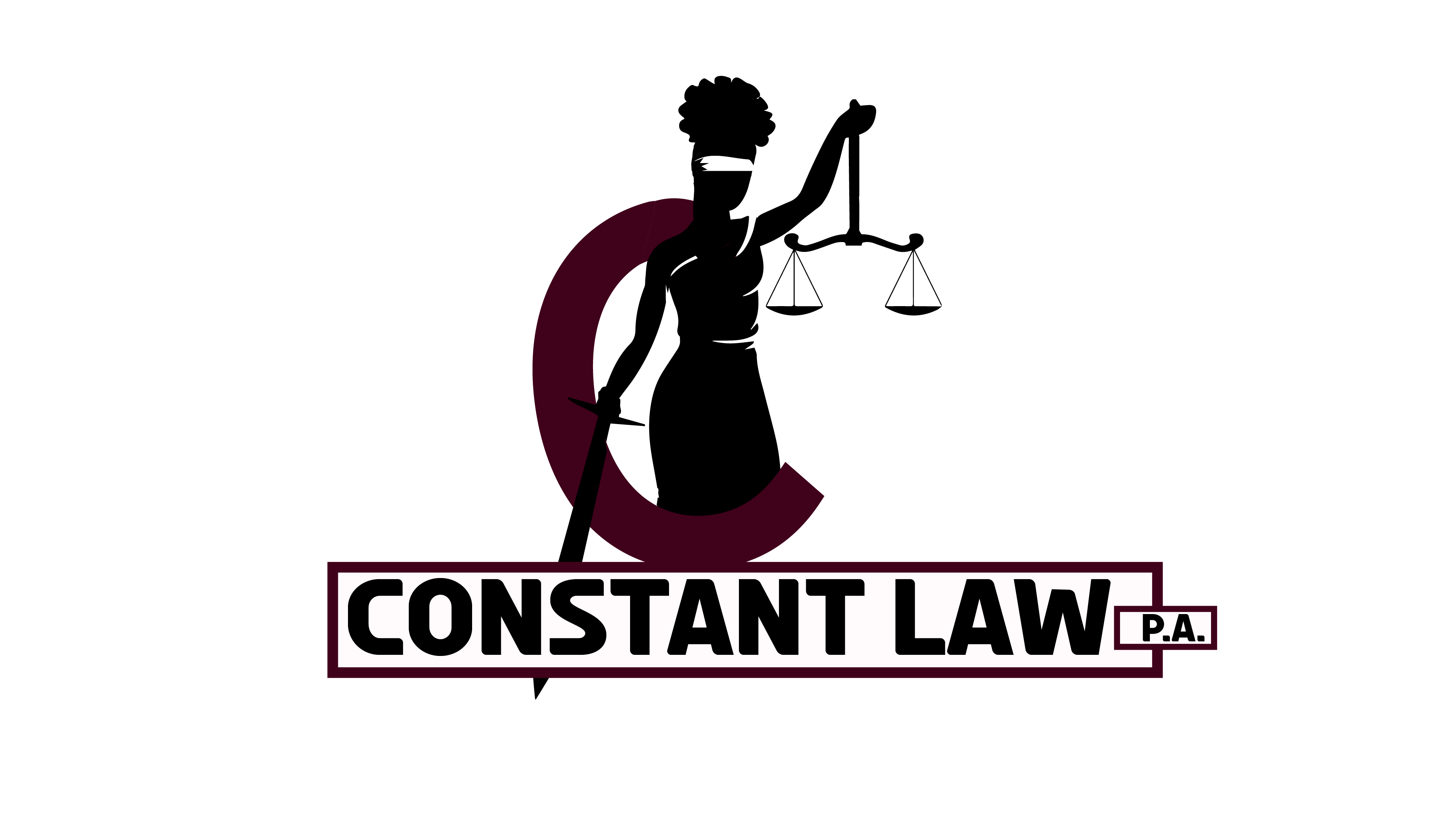 Constant Law, P.A. Discusses What Estate Planning Is and Why Everyone Should Have An Estate Plan
Constant Law, P.A. Discusses What Estate Planning Is and Why Everyone Should Have An Estate Plan Estate planning isn’t just for the wealthy or the elderly. An estate plan is a comprehensive set of legal documents and strategies that outline how one wants their assets to be managed and distributed in the event of incapacity or death. Estate plans are designed to protect one’s assets, provide for their loved ones, and ensure that their wishes are carried out. Estate planning can also help one avoid probate.
What’s Probate?
Probate is a court-supervised process that is used to identify and gather the assets of a deceased person, pay off debts, and distribute assets to the beneficiaries. The probate process can be time-consuming and costly, but with a comprehensive estate plan in place, it can often be avoided.
What Does an Estate Plan Generally Include?
An estate plan typically includes several key components that work together to protect one’s assets and provide for their loved ones. These include:
A will: a legal document that outlines how one wants their assets to be distributed after death.
A trust: a legal arrangement that allows one to transfer assets to a trustee, who then holds and manages the assets for the benefit of the trust's beneficiaries.
A power of attorney: a legal document that allows one to appoint someone to make financial, healthcare, and legal decisions on their behalf as their agent.
An advance medical directive: a legal document that outlines one’s wishes for medical treatment if they’re unable to make decisions for themself.
Why Is an Estate Plan Especially Important in Florida?
Florida has unique laws regarding estate planning, such as the probate process and homestead laws, that make an estate plan important for residents. An estate plan can help you avoid the probate process. Plus, Florida's homestead laws can make it difficult for creditors to seize a person's primary residence. Having an estate plan can ensure that one’s primary residence will go to their intended beneficiaries.
How Probate Ensures Creditors are Paid and Debts are Settled in Florida
When someone passes away, their debts must be paid before their assets can be distributed to their beneficiaries. The personal representative, or the person in charge of handling the deceased person's affairs, is responsible for giving notice to any known or reasonably ascertainable creditors. This allows creditors to come forward and file claims against the deceased person's estate.
Unknown creditors have 3-months to file a claim after receiving notice of the probate proceedings. If any objections are made to a claim, the creditor must file a separate lawsuit to pursue the claim. Creditors who file a claim in the probate proceeding must have their claim paid or invalidated before the deceased person's assets can be distributed to the beneficiaries.
Creating an estate plan is not a one-time task, it should be reviewed and updated regularly to reflect any changes in your life or the laws. Consulting with a qualified attorney is the best way to ensure that your estate plan is current and comprehensive. More information can be found at www.constantlawpa.com.
Media Contact
Company Name: Constant Law, P.A.
Contact Person: Marissa Constant, Esq.
Email: Send Email
Phone: 863-457-3253
Country: United States
Website: http://www.constantlawpa.com/
